Follow Us:

KNOWLEDGE
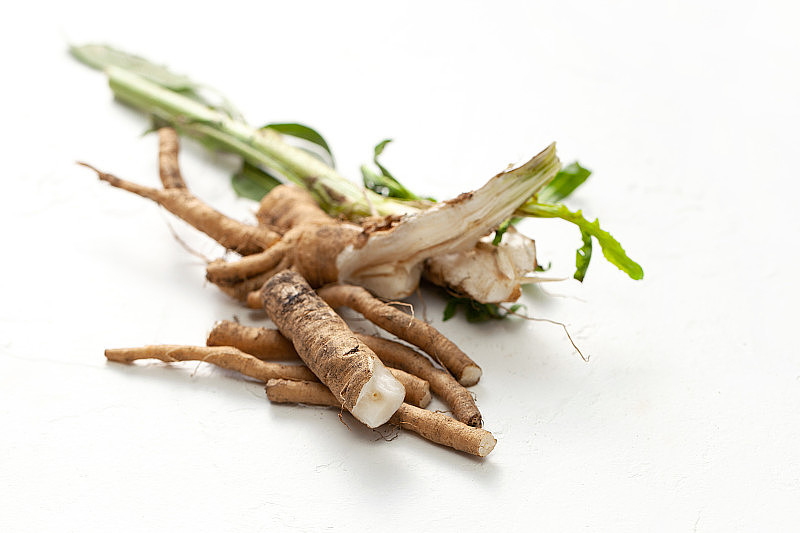
Chicory Root Inulin for Pets
Inulin is a type of prebiotic fiber that has gained popularity in the health and wellness industry due to its numerous benefits for humans and animals alike. One of the most common sources of inulin is chicory root, a plant…

Can Cats Have Seaweed?
As pet owners, seaweed might not be the first food that comes to mind when you think of cat-friendly snacks, but this nutrient-packed marine plant could offer a range of benefits to your furry friend. So, can cats have seaweed?…
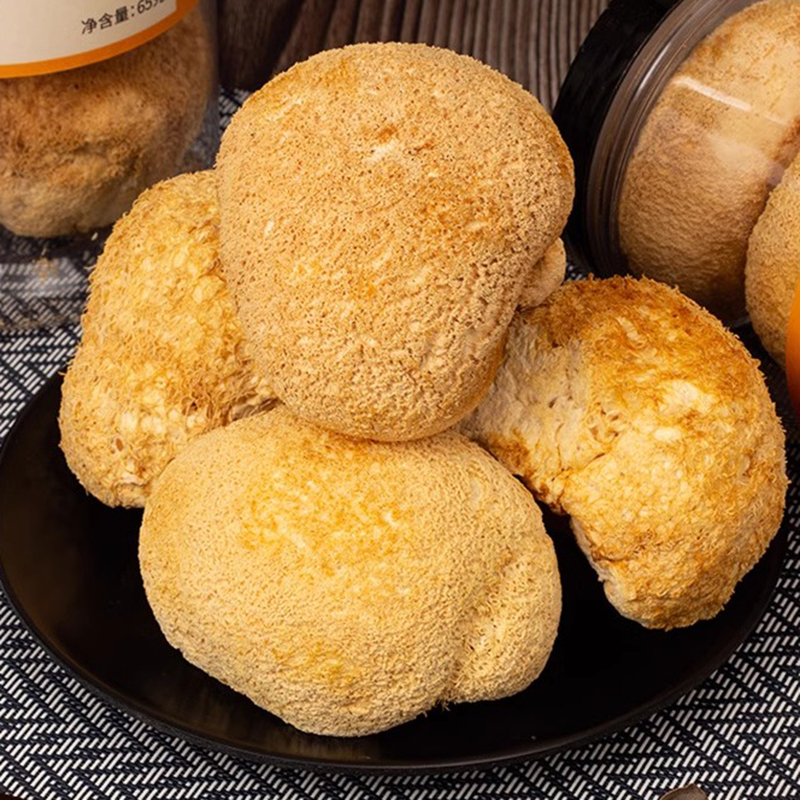
Hericium Erinaceus Powder for Pet Feed Supplements
Hericium erinaceus powder has attracted much attention from pet owners for its potential health benefits for pets. This unique mushroom is rich in bioactive compounds and is now often added to pet feed supplements to support the health and vitality…
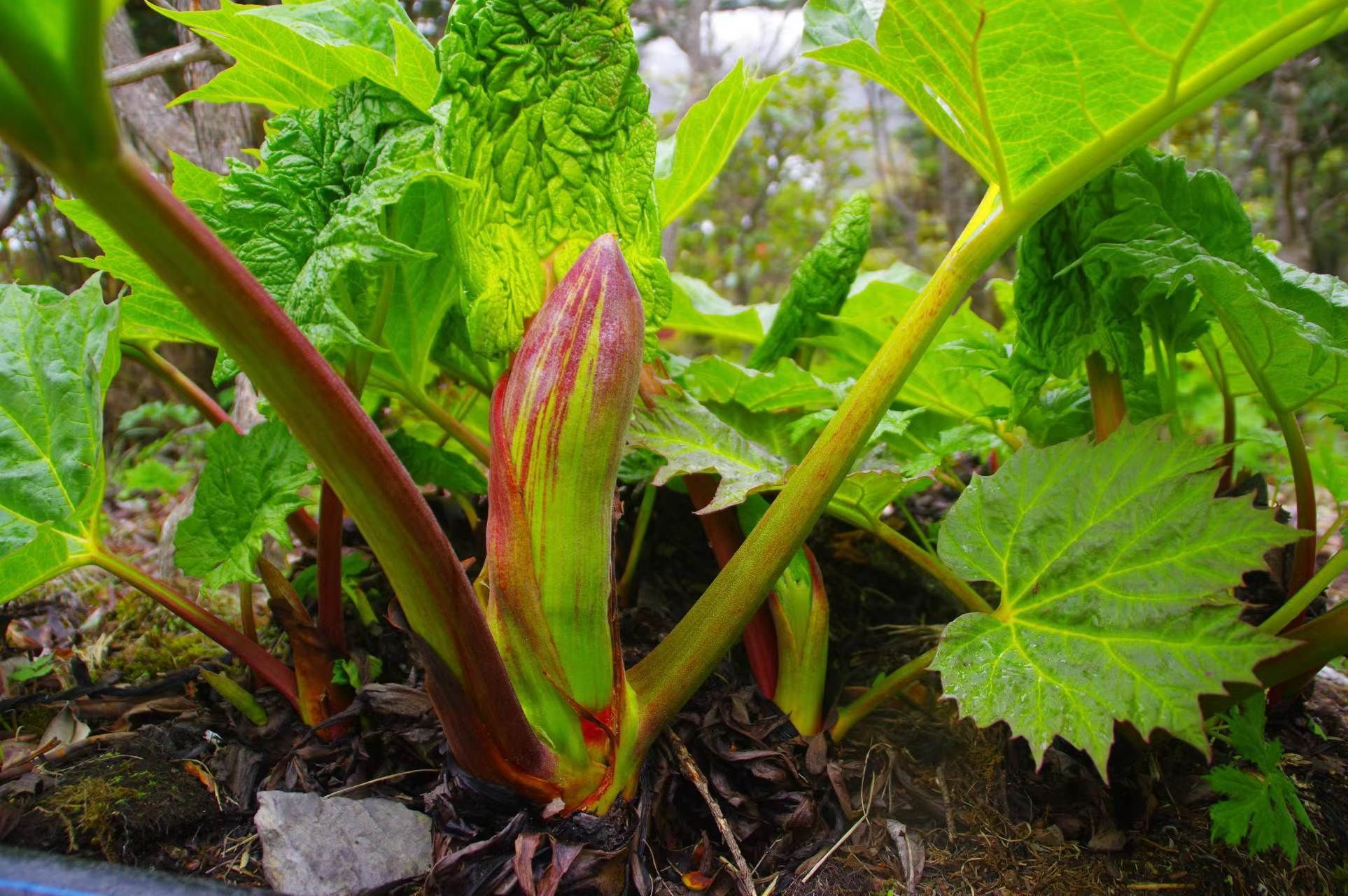
Can Dogs Eat Rhubarb? Understanding the Risks and Uses
We all probably know that this tangy vegetable has a variety of culinary uses, but can dogs eat rhubarb? As a pet food ingredient supplier, in this article, we’ll explore the benefits of rhubarb for humans, why it’s bad for…
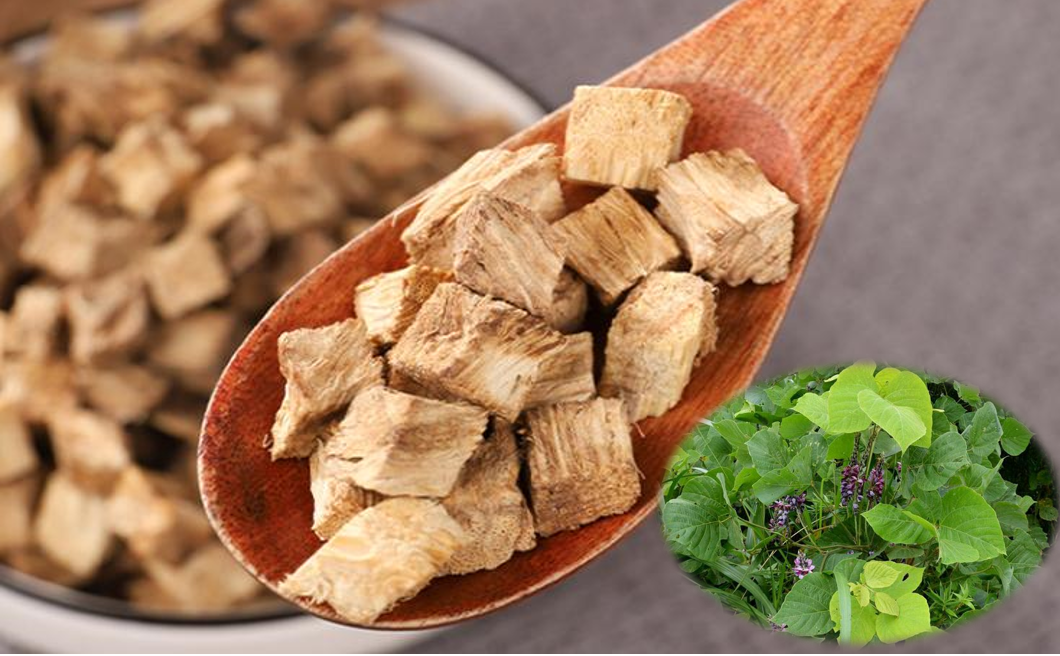
Can Dogs Eat Kudzu Root?
Can dogs eat kudzu root? Can they benefit from its active ingredients? As pet owners, we’re always searching for safe, effective, and natural ways to improve our dogs’ health. While kudzu root has been widely used in traditional medicine for…
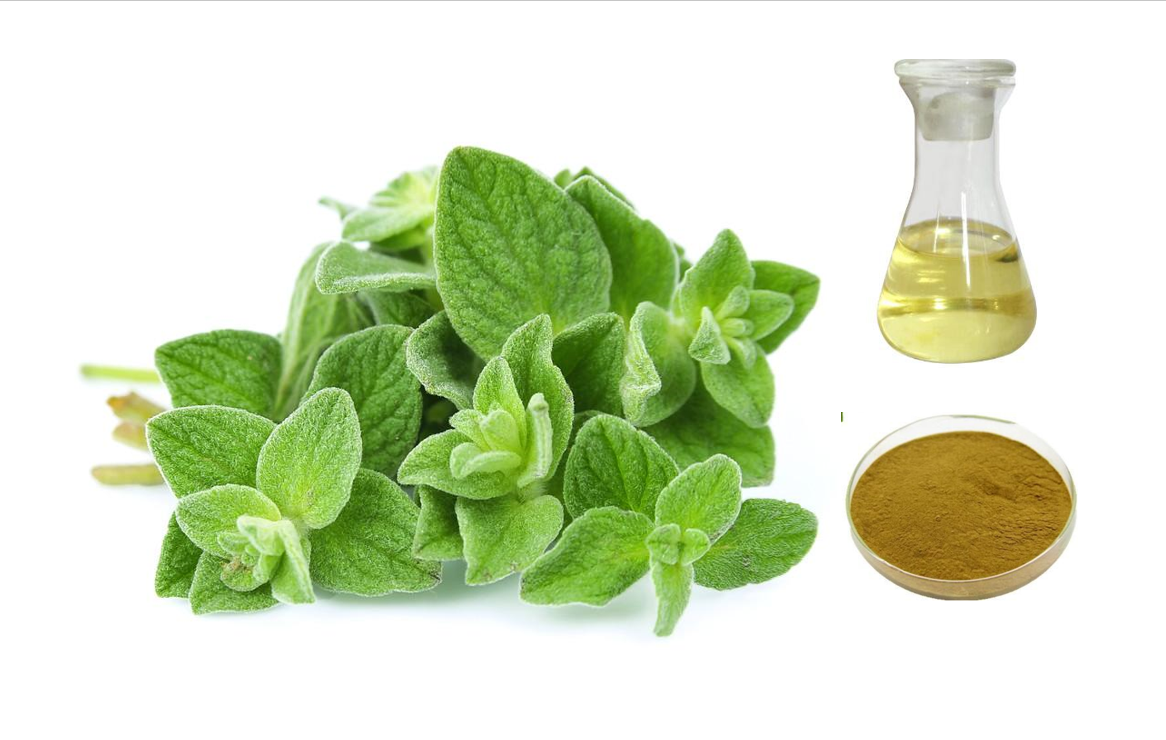
Is Oregano Safe for Dogs?
If you’re a dog owner, you might be wondering: Is oregano safe for dogs? And if it is, what are the possible benefits and risks? In this post, we’ll explore everything you need to know about oregano for dogs, including…
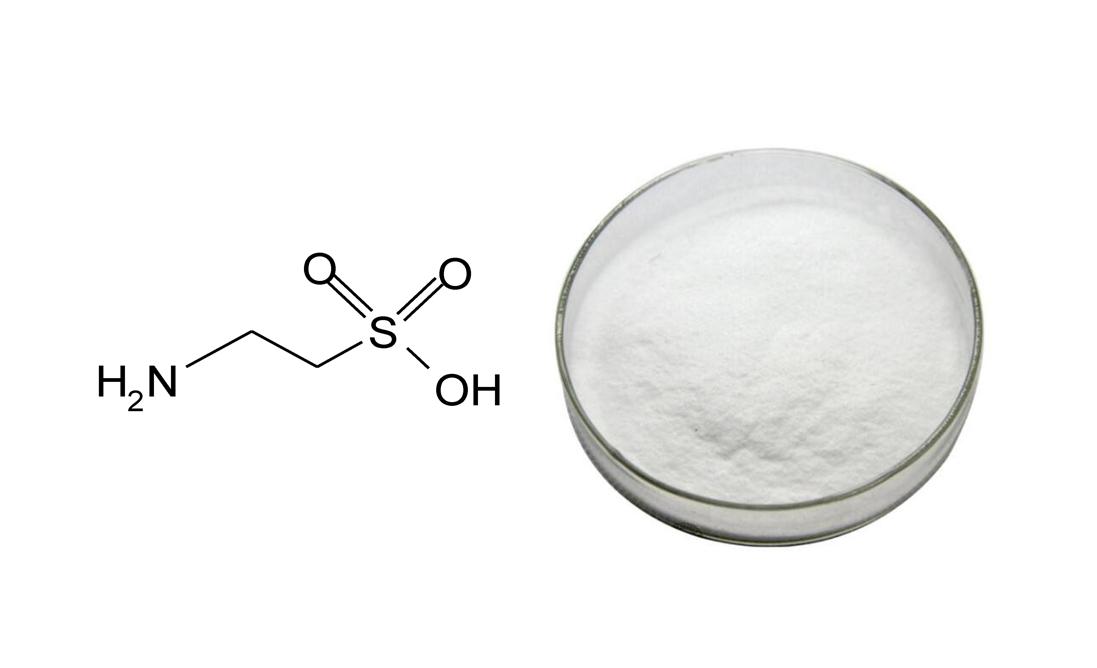
Taurine for Dogs: What You Need to Know
Taurine is an often overlooked nutrient that can play a vital role in your dog’s overall health. But what is taurine, and why is it so important for dogs? In this blog post, we’ll explore what taurine is, its benefits…
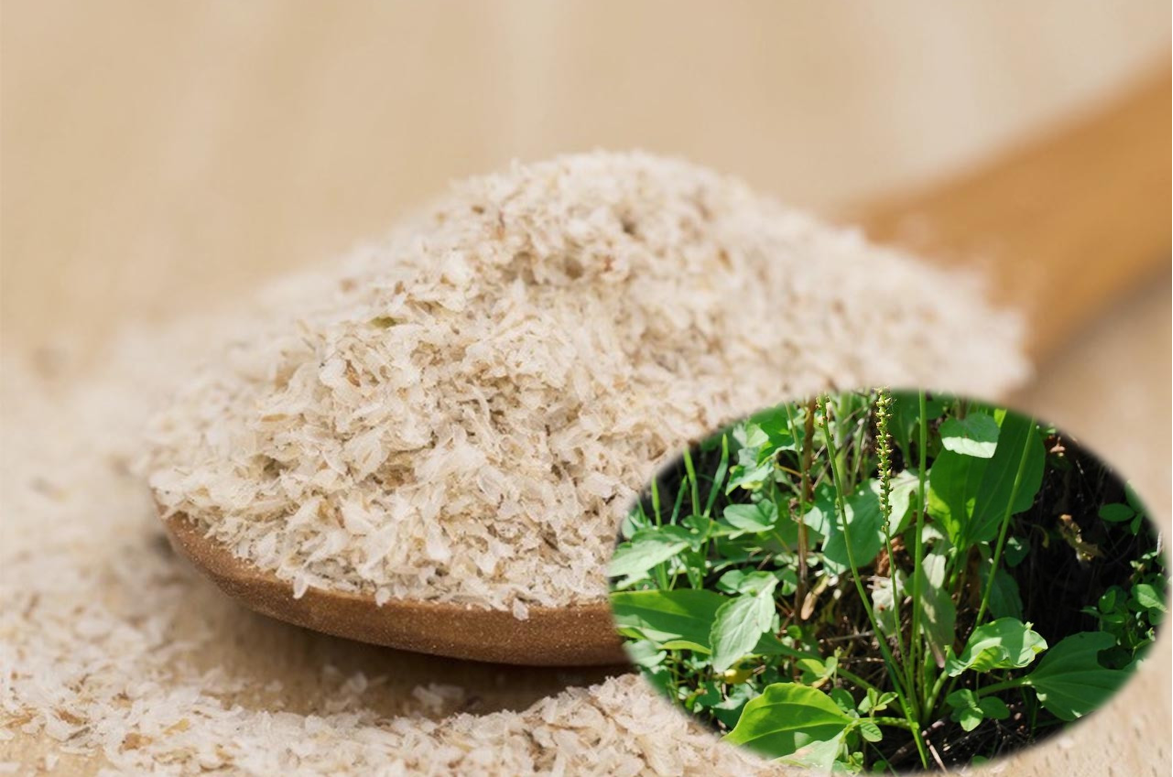
Psyllium Husk for Dogs
Many dog owners are always looking for natural ways to improve their dog’s health. One such natural supplement gaining popularity is psyllium husk. Derived from the seeds of the Plantago ovata plant, psyllium husk is well known for its high…

Slippery Elm for Dogs: Benefits, Uses, and Safety Tips
Slippery elm has a long history of use in both human and dog health, primarily for its soothing properties. If you’re considering slippery elm for dogs, this comprehensive guide will explain its benefits, how to use it, potential risks, and…

Brown Seaweed for Dogs
Brown seaweed, often referred to as Ascophyllum nodosum, Fucus vesiculosus, or similar species, is a type of marine algae that can provide a variety of health benefits for dogs when used in moderation. As a brown seaweed powder manufacturer, In…

Can Dogs Eat Shilajit?
The short answer is not recommended. Shilajit is an organic-mineral product of predominantly biological origin, formed in the mountains. While shilajit is beneficial for humans, its effects on dogs are not well-studied. The composition of shilajit can be too potent…

How Much Marshmallow Root Powder for Dogs
Adding marshmallow root powder to your dog’s diet can provide a host of health benefits, from supporting digestive health to promoting healthy skin. So, how much marshmallow root powder do dogs need? What are the benefits of marshmallow root powder?…












